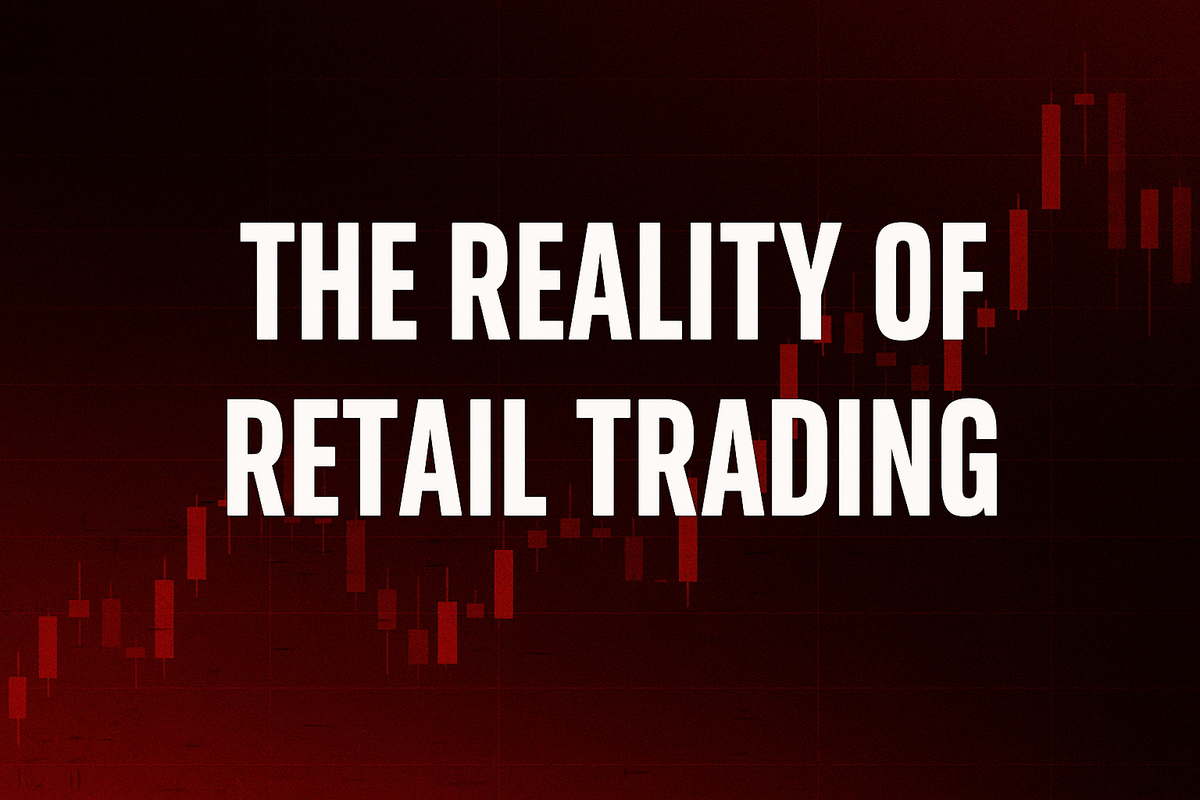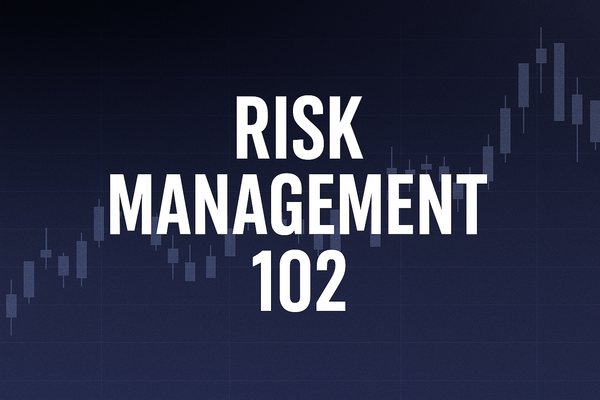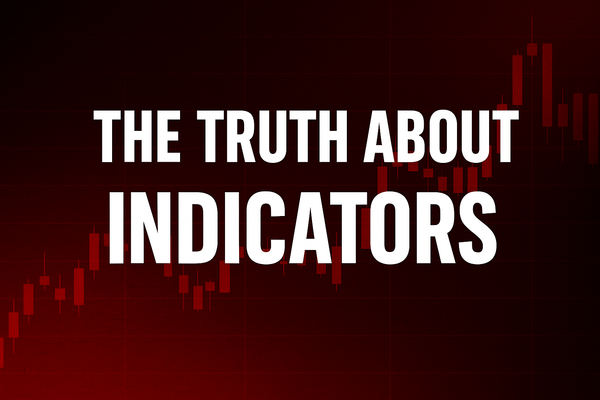The Reality of Retail Trading: What beginners Get Wrong

Scroll through Instagram, TikTok, or YouTube and you’ll think trading is a golden ticket.
Screenshots of huge profits, rented Lamborghinis, and people claiming they’ve “cracked the code” to financial freedom.
But the truth?
A lot quieter...
It’s not flashy cars or private jets. It’s late nights, endless doubt, and charts that don’t care how badly you need them to move in your favor.
I’ve been around long enough to know this: most of what you see online is an illusion.
1. The Numbers They Don’t Show You
The harsh reality is that the majority of retail traders don’t make money.
- Most blow up their first account within a year.
- Many never recover from the cycle of deposit → lose → deposit again.
Why? Because retail traders aren’t competing against a friendly market. They’re up against banks, hedge funds, and algorithms that spend millions on speed and data.
It’s not an ATM. It’s a battlefield. And most walk in unarmed.
2. The Human Side They Never Talk About
Trading isn’t just numbers and charts. It’s psychology.
Fear makes you close winners too early.
Greed convinces you to let losers run.
Ego whispers: double the risk, you can make it back.
I’ve seen traders with brilliant systems fail because they couldn’t handle themselves.
That’s the part gurus never put in their ads the nights you question everything, the mornings where you wake up sick from yesterday’s decisions.
Trading is a mirror. It will show you your impatience, your weaknesses, your lack of discipline. And it won’t forgive them.
3. The Industry That Feeds on Dreams
Let’s be clear: the trading industry doesn’t care if you succeed.
- Many brokers make money when you over trade.
- Many “educators” earn more from courses than from trading itself.
- Social media is full of people selling signals, bots, or secret formulas that stop working the moment you buy them.
Ask yourself: if someone is really printing millions in the markets, why do they need to charge you $200 for access to their “secret”?
4. My Own Reality Check
I’ll be honest: I didn’t escape these illusions at first either.
When I started, I wanted shortcuts like everyone else. I tested strategies I didn’t understand, bought indicators that promised miracles, and even coded bots in MetaTrader, thinking I’d found the key.
Most of those experiments ended the same way: frustration, disappointment, and money gone.
But with each failure came a lesson. And step by step, I started to understand the ecosystem:
- How brokers use clever tricks to squeeze profit out of you.
- How market mechanics work behind the candles you see on your screen.
- How psychology isn’t just “important,” it’s the foundation of everything.
It took years, setbacks, and plenty of wasted energy before I realized: the biggest illusion in trading is the idea that it’s easy.
Trading isn’t easy. It isn’t quick. It isn’t glamorous.
But it is possible if you treat it like a craft instead of a lottery ticket.
5. What Reality Actually Looks Like
Here’s what real trading looks like:
- Slow growth. Forget daily jackpots. Think in years, not days.
- Capital preservation. Risking 1–2% per trade may feel boring, but survival is the only way to stay in the game.
- Education. Not chasing signals, but learning price action, market structure, and liquidity.
- Self-audit. Journaling trades, tracking mistakes, and improving like a business owner, not a gambler.
Conclusion
The reality of retail trading isn’t glamorous. It’s not designed for easy wins.
But if you can strip away the illusions the promises of “get rich quick,” the fake gurus, the emotional traps you’ll see trading for what it is: a difficult craft, but one that rewards discipline, patience, and humility.
Stop chasing dreams sold by marketers.
Start building the discipline the market actually respects.
The holy grail isn’t a secret strategy. It’s survival long enough to grow consistent.




